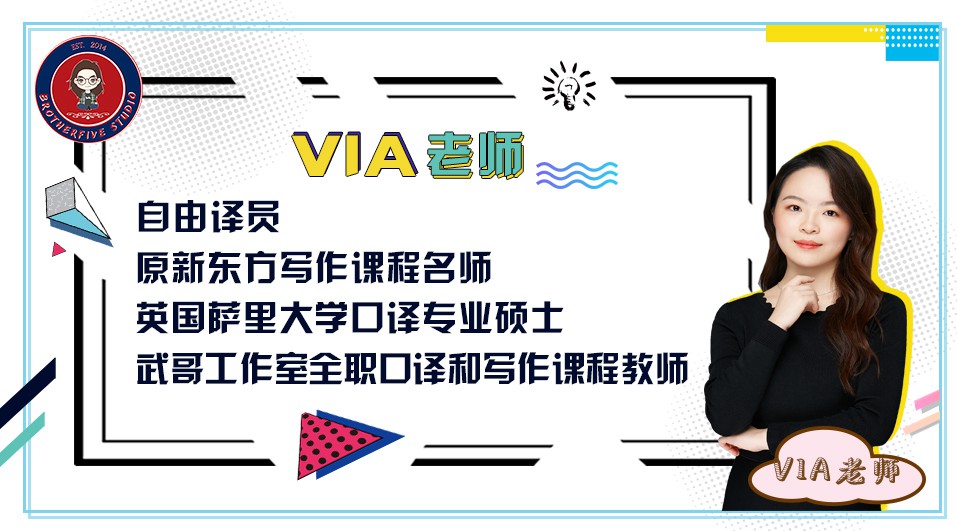
对10后的日常表示不可思议
来看看真•理财从娃娃抓起
要求是 不要事先通读全文
看到第一个完整译群(也就是有意义的语段)就张嘴开始翻译
尽量做到全文保持一个速度 没有明显停顿的完成
注意 一定要说出声音哦~~
Children may not be stashing coins in piggy banks for much longer; with the move towards a cashless society, pocket money is moving digital.
To reflect this trend, a flurry of mobile budgeting apps for children has sprung up worldwide: GoHenry, Osper and Gimi to name a few.
These apps offer a simple money management service for children, often for a monthly subscription fee paid by the parents.
Parents can add money to children’s accounts, set limits and monitor transactions, while children can choose to save their money or spend it using a prepaid card that works like a debit card.
The apps suggest minimum ages ranging from six to nine for the prepaid card.
The companies behind the apps argue that in an increasingly cashless society, they can be a valuable way of teaching young children about money.
However, some people worry that introducing digital money apps to young children could help to encourage irresponsible spending habits.
Source:http://language.chinadaily.com.cn/a/202001/13/WS5e1c118ba3101282172708e8.html

答案和解析来了哦!
本周的素材来源于【中国日报网—英语点津—每日新闻播报】
官方翻译请参考原文后附的链接
以下为Via老师的视译版本 供大家参考:
Children may not be stashing coins in piggy banks for much longer; with the move towards a cashless society, pocket money is moving digital.
孩子们可能不会再把零花钱存在存钱罐里了。随着无现金社会的发展,零花钱也在数字化。
To reflect this trend, a flurry of mobile budgeting apps for children has sprung up worldwide: GoHenry, Osper and Gimi to name a few.
为了紧跟潮流,许多儿童移动理财应用程序大量涌现,在全球范围内都是如此,比如GoHenry、Osper和Gimi等等。
These apps offer a simple money management service for children, often for a monthly subscription fee paid by the parents.
这些应用程序提供了简单的理财服务供孩子们使用,通常每月由父母支付费用。
Parents can add money to children’s accounts, set limits and monitor transactions, while children can choose to save their money or spend it using a prepaid card that works like a debit card.
父母可以给孩子的账户存钱,设定限额并监控交易,而孩子可以选择存钱或花掉这笔钱,花钱可以使用预付卡,类似于借记卡的功能。
The apps suggest minimum ages ranging from six to nine for the prepaid card.
这些应用程序建议最低年龄为6至9岁的孩子使用预付卡。
The companies behind the apps argue that in an increasingly cashless society, they can be a valuable way of teaching young children about money.
开发这些应用程序的公司称,在一个越来越无现金化的社会里,这些程序可以成为一种宝贵的方式来对孩子进行金钱的教育。
However, some people worry that introducing digital money apps to young children could help to encourage irresponsible spending habits.
但有人担忧,推出数字货币应用程序让儿童使用,可能会鼓励不负责任的消费习惯。
这周我们来说说英译汉中状语的处理技巧
英语与汉语不同在于
英语句子里通常时间 地点等状语习惯后置
例如文中的
【a flurry of mobile budgeting apps for children has sprung up worldwide】
而在中文的表达中 则更习惯于把这些状语前置
例如上面这句话 符合中文表达习惯和语法规则的说法应为
【全球出现了多个儿童移动理财应用程序】
在刚开始练视译的过程中
由于一下没办法看到完整的一句话
或者由于句子实在过长
很多时候都无法一步到位的将英语句子中置于最后的状语放在中文句子的最开头翻
例如下面这个句子
【The European Commission said that it is likely the two sides will be unable to negotiate a deal over the next two weeks.】
会出现翻到最后才发现
啥?这还有个时间?这我可如何是好?
有些同学会 卡一下 然后尴尴尬尬的说
【欧盟委员会表示,可能双方将无法达成协议….在未来两周】
这样不仅从语气和节奏上可以听出你的不确定和犹豫
整个中文句子也是不完整的
这种时候大家可以
根据前面的句意对这个状语进行相应的补充 让它变成一个独立的小短句
这样你的句子就能顺利的接下去
例如
【The European Commission said that it is likely the two sides will be unable to negotiate a deal over the next two weeks.】
如果无法在视译时将在未来两周提前处理 那么就可以顺着句子翻成
【欧盟委员会表示,可能双方将无法达成协议,在未来两周内无法达成。】
同理 我用了类似的方法将文中第二句也进行了处理
大家可以对照译文参考
希望本周的小技巧对大家有用
以后见到这种跟在句子后面的小朋友 都能从容处理哦~
最后
我怕三十晚上的鞭炮太响
提前祝大家新年快乐哟


